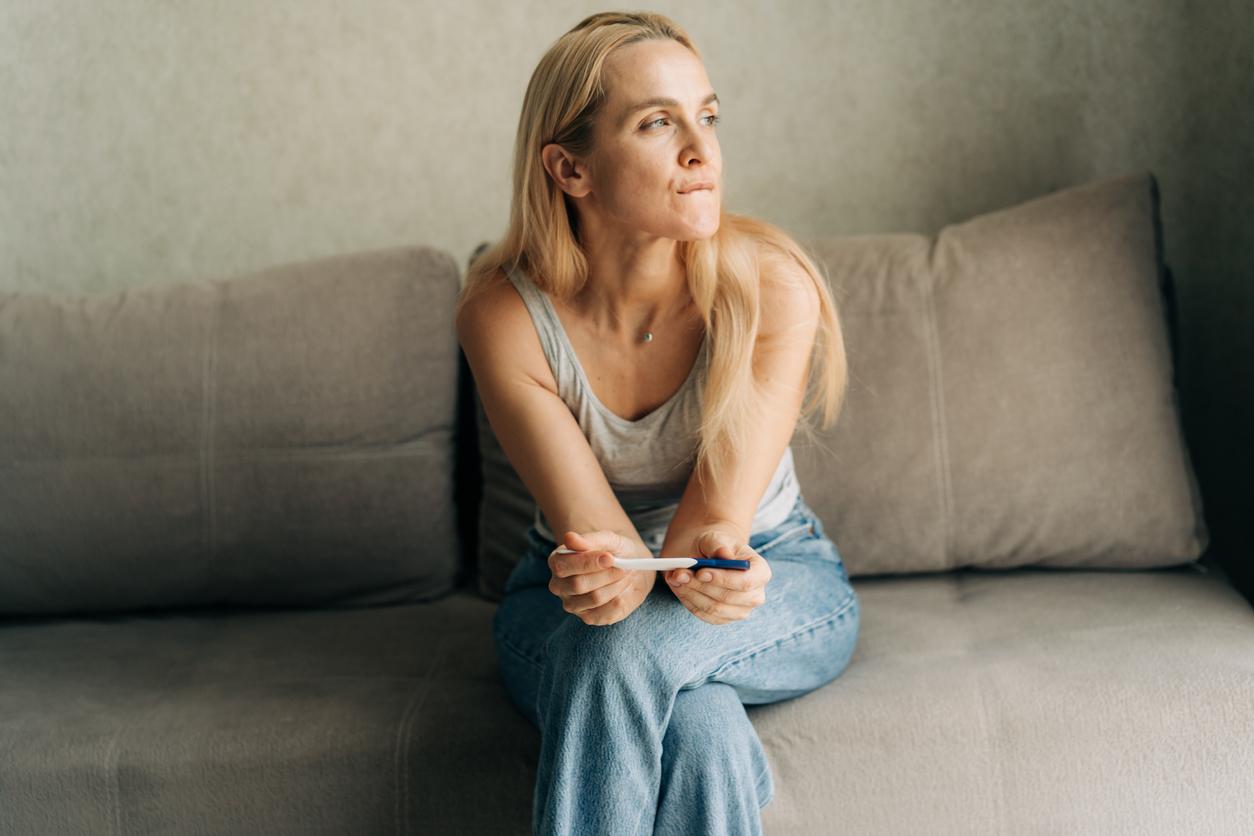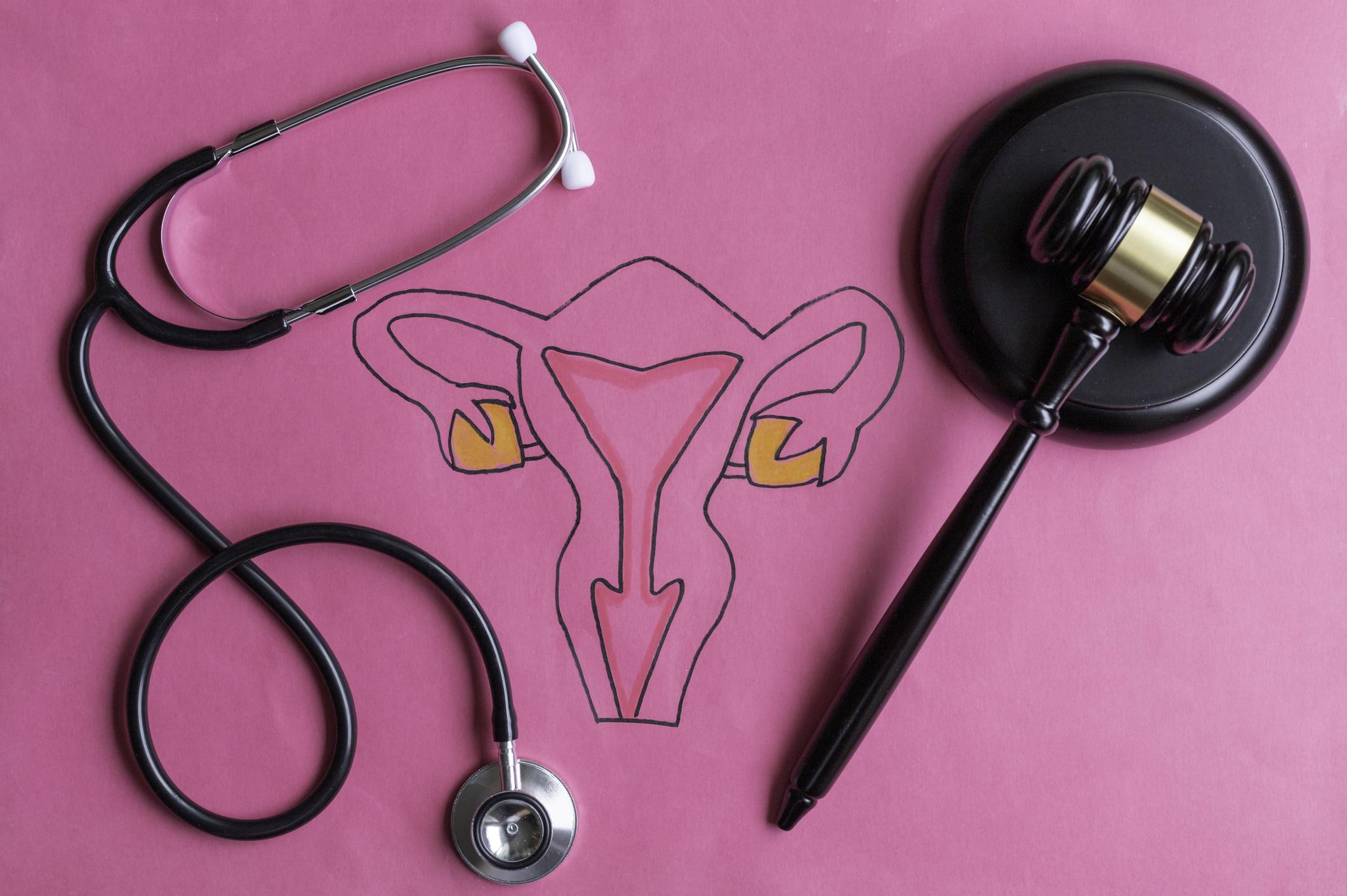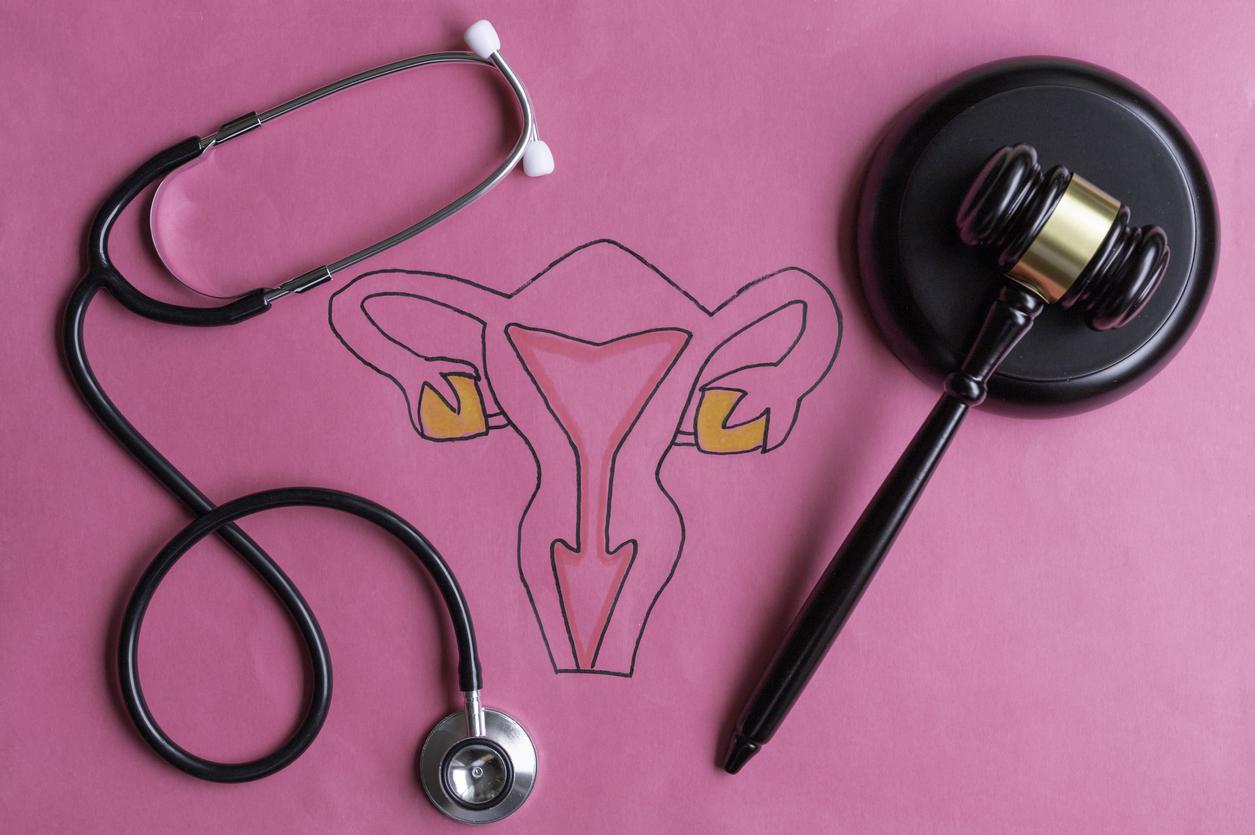The FIGO 2023 congress has just taken place and left room for abortion, the differences in access within each country are significant. Emphasis was placed on the importance of this accessibility to abortion in the best health conditions.

- FIGO is a global alliance of national obstetrics and gynecology societies. Its mission is to improve the health and well-being of women and girls, but also to reduce disparities in health care.
- The disparities in access to abortion (Voluntary Termination of Pregnancy) at the global level are significant.
- The causes of obstacles to safe abortion and its legalization are multiple: political, ideological, religious, economic, pharmaceutical, or linked to low medical demographics, or to the reluctance of certain health professionals.
In France, abortion is legal. It is even seriously considered to include it in the French Constitution. But what about in other countries?
It is on the occasion of the international congress of FIGO 2023 which took place from October 9 to 12, 2023 that certain information was provided. Here is a little preview.
FIGO: a professional organization of more than 130 associations from around the world
You should know that the International Federation of Gynecology and Obstetrics (FIGO), organizer of this congress, is a global alliance of national societies of obstetrics and gynecology. Its mission is to improve the health and well-being of women and girls, but also to reduce disparities in health care. It considers that freedom of choice in matters of procreation is a fundamental and non-negotiable principle making it possible to guarantee the human rights of everyone likely to become pregnant.
The disparities in access to abortion (Voluntary Termination of Pregnancy) at the global level are significant. FIGO specifies that some countries have succeeded in translating their laws into real access to safe abortion, but others have not succeeded. Today, 60% of women of childbearing age live in countries where abortion is generally legal, and 40% in countries where abortion laws are restrictive.
Abortion: a major cause of maternal death
Professor Bo Jacobsson, head of the department of obstetrics, gynecology and pediatrics at the University of Gothenburg (Sweden), insists that “the main complications responsible for most maternal deaths are postpartum hemorrhage, infection, sepsis, hypertensive diseases of pregnancy, including preeclampsia or eclampsia and unsafe abortions “.
According to him, “tAll women, including adolescents, should have access to contraception, safe abortion services and quality post-abortion care “.
Moreover, Professor Ivonne Diaz Yamal, director of the Sexual and Reproductive Health and Well-being division of FIGO and scientific director of the fertility unit Procreation Medication Assistance (Clinique Marly, Bogota, Colombia), very seriously recommends access to safer abortion. She describes that “ the situation of medical abortion in the world is currently very bad. Some countries have no access to medical abortion. Every year the situation changes, but not for the better. For example, in the United States, the Roe vs Wade decision [de 1973] has been canceled and some states now impose restrictions on access to safe abortion. This should not be possible, because it is a human right. FIGO is the voice of women around the world for the protection of these rights “.
Abortion: risky clandestine practices
In Africa and Latin America, in very low-income and middle-income countries, the mortality rate is high, in part because women do not have access to safe abortion. Indeed, when they are refused an abortion, they turn to people who will offer them a “clandestine” abortion which carries a high risk of infection, mutilation or death. For the record, unsafe abortion is defined as a procedure aimed at ending an unwanted pregnancy, carried out either by people who do not have the necessary skills, or in an environment that does not meet sufficient medical standards, or both. at a time.
Dr Laura GIL, obstetrician-gynecologist in Colombia and president of the FIGO committee for access to safe abortion, specifies that “ Abortion is essential health care and the majority of countries around the world have at least decriminalized abortion care – over the past 30 years, more than 60 countries have liberalized their abortion laws. For example, in my country, Colombia, the Causa Justa movement, in which I actively participated as a doctor campaigning for the decriminalization of abortion, obtained that abortion on demand be recognized as a right until 24 weeks and thereafter based on specific exceptions “. Dr Gil fervently campaigns for abortion to be carried out in the best conditions, in order to avoid any complications.
Abortion: multiple obstacles to safe and legalized abortion
Dr Médessé Véronique Tognifodé, gynecologist-obstetrician, teacher-researcher and politician in Benin, tells us that there are few figures on clandestine abortions because it is a taboo subject. She explains the conditions of abortions in Benin which can only be carried out by an authorized doctor, midwife or nurse.
The causes of obstacles to safe abortion and its legalization are multiple: political, ideological, religious, economic, pharmaceutical, or linked to low medical demographics, or to the reluctance of certain health professionals.
According to FIGO, there is a need to integrate sexual and reproductive health and rights (SRHR) and wellness education into the core structures of all medical school curricula (commitment from the International Federation of Gynecology and Obstetrics (FIGO), the International Federation of Medical Student Associations (IFMSA) and the World Association of Trainees in Obstetrics and Gynecology (WATOG). And for her, We must also educate women to improve their access to their rights (access to health and sexual and reproductive rights is a fundamental and non-negotiable human right).
Knowing that each year 35 million women resort to risky methods to end their pregnancy when they have not had access to an abortion in a legal and well-supported manner, FIGO hopes to make things happen so that every woman and every young girl can have access to safe practices for their well-being and health.

















